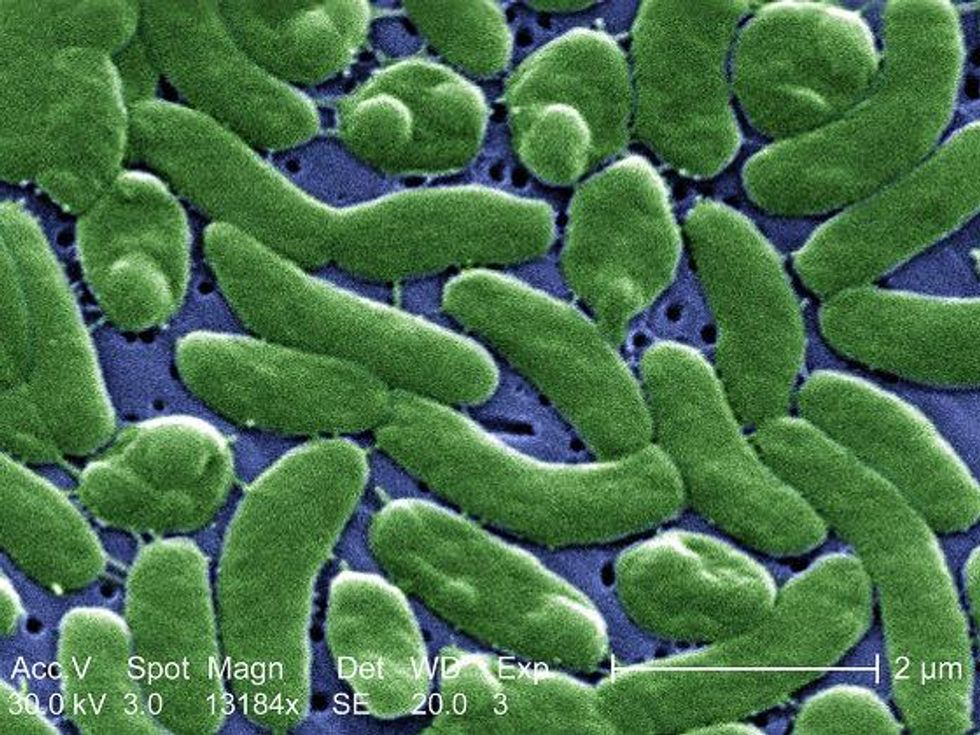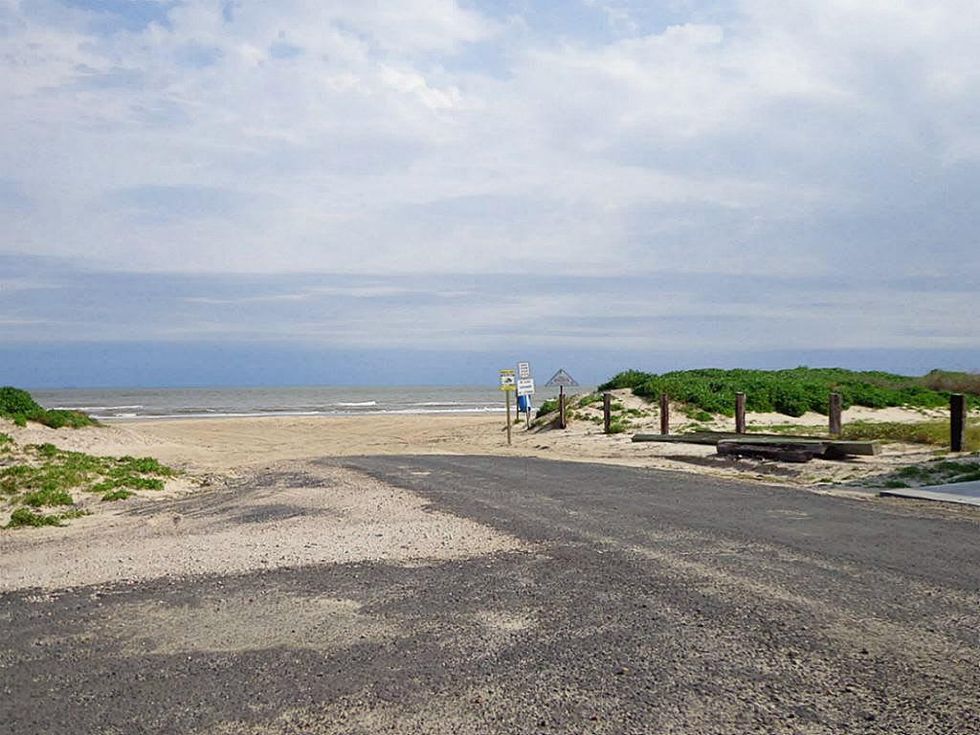Flesh-Eating Bacteria Scare
Flesh-eating bacteria in Louisiana prompts health officials to keep close tabs on Galveston waters
With summer in full swing, it's time to welcome back a familiar seaside foe . . . flesh-eating bacteria.
While beach-goers may roll their eyes at its ridiculous B-movie name, the recent death of an 83-year-old man in coastal Louisiana drives home the all-too-real threat posed by these potent microorganisms.
"If you cut yourself in the water, get back to land and take care of it with antibiotics right away."
The balmy salt waters of the Gulf prove an ideal breeding ground for the vibro vulnificus bacteria — a cholera cousin that, in nearby Galveston Bay, has brought about numerous infections for unsuspecting swimmers and even claimed the life of a fisherman as recently at 2009.
But before sounding the alarms, Kurt Koopmann of the Galveston County Health District (GCHD) wants vacationers to know that environmental officials keep extremely close tabs on area beaches.
"There's always a certain level of all bacteria types in the water," he says. "We have 52 sites throughout the county that we monitor on a weekly basis. If we see a jump, that area gets tested daily until the levels are down again."
Although current monitoring stations don't test specifically for the nefarious flesh-eaters, the GCHD analyzes basic bacterial varieties that shed light on water conditions that possibly could harbor vibro vulnificus. The Texas Beach Watch website recently has noted generally high bacterial levels at Galveston beach sites near 57th and 61st Streets as well as in parts of Texas City. Advisories are in effect.
Koopmann points to warm rainwater runoff as a main culprit for bacteria spikes and notes that citizens are not barred from these high-level zones, but should take extra precautions.
"If you cut yourself in the water, get back to land and take care of it with antibiotics right away," he says. "Those with known immunity issues will want to be extra careful in advisory areas."
As a general rule of thumb for all Gulf swimmers, he suggests staying away from drainage areas, especially after a heavy storm. Also avoid ingesting water and remember to shower after a swim.


